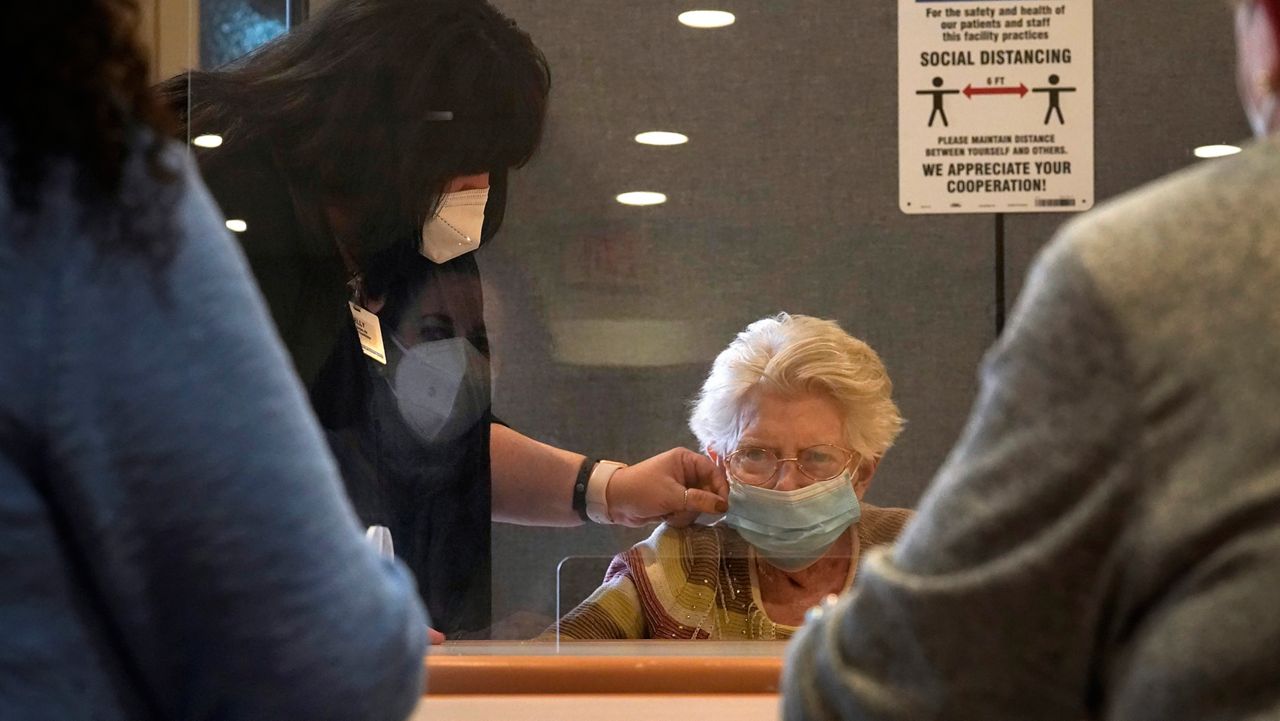The bill that would repeal the law that shielded nursing homes and hospitals from medical malpractice lawsuits related to the COVID-19 pandemic unanimously passed the New York State Senate on Wednesday.
The controversial “Emergency or Disaster Treatment Protection Act” was tucked into the state budget last year and granted these facilities broad immunity from any lawsuits during the worst of the pandemic.
“The immunity provisions were always designed with corporate leadership in mind,” bill sponsor Senator Alessandra Biaggi said on the Senate floor Wednesday. “To protect the owners and the shareholders, not the frontline workers and not the patients.”
"Now, knowing that over 15,000 people would die of COVID-19 in nursing homes (and adult care facilities) in New York, we have a duty to right this wrong and fully repeal article 30-D," Biaggi said.
The initial act that was passed last year while nursing home deaths were starting to climb was labeled as a “poison bill” by Assembly sponsor of the repeal bill Assemblyman Ron Kim.
“We’re going back to normal standard liability where patients and nursing home residents and families have their rights restored,” Kim said when the Assembly passed the bill several weeks ago.
The state’s hospital lobby group, the Greater New York Hospital Association, helped write part of the final bill language, according to their press release at the time, prohibiting family members who lost loved ones from suing these facilities with only limited exceptions.
The Emergency or Disaster Treatment Protection Act was also backed by nursing home associations.
Stephen Hanse, President of the New York Health Facilities Association said the immunity provision made sense during the height of the pandemic.
"It was clear the Department of Health and the state was concerned all of the changing guidances and policies and procedures would cause conflicts as they were constantly changing," Hanse said.
The Legislature did partially repeal the original immunity provision when they returned for session during the summer.
However, it was not retroactive, which is when many of the COVID-19 fatalities occurred.
AARP New York on Wednesday praised the passage of the full repeal.
“Pursuing legal action is not an easy thing to do, and no family member who has lost a loved one due to neglect or abuse pursues this course of action lightly,” AARP New York State Director Beth Finkel said. “It is always an option of last resort – but must remain an option for families. Restoring families’ right to sue would also provide incentives to nursing homes to ensure quality care.”
The bill now will head to the governor to sign. If he refuses, both the Senate and Assembly have Democratic supermajorities which means they could override his veto.


